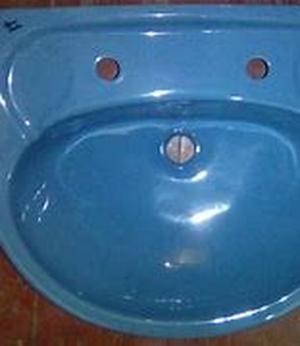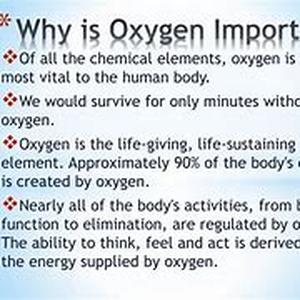
Nicknamed The Dracula Of Hormones, Melatonin Is Only Produced At Night. Melatonin Is A Bodily Hormone Secreted By The Pineal Gland Which Is Normally Active At Nighttime. The Pineal Gland Is As Small As A Pea And Located Just Above The Middle Of The Brain. It Is Inactive During The Day But When The Sun Goes Down, The Ensuing Darkness Allows The Pineal Gland To Start Acting As Triggered By The Supra-chiasmatic Nucleus Found In The Brain Area, Called Hypothalamus.How Melatonin Is ProducedWhen Turned On, The Pineal Gland Starts To Produce Melatonin And Releases Them Into The Blood. The Trigger Action Of The Supra-chiasmatic Nucleus Normally Happens Around 9 P.m., Thus Explaining Your Feeling Of Less Alertness Around This Time. Sleep Is Affected By The Melatonin Levels In The Blood. The Higher The Melatonin In The Bloodstream, The Sleepier You Become. Melatonin Levels Remain High For About 12 Hours All Through The Night And Begin To Dissipate Before The Light Of A New Day. Factors Affecting Melatonin-productionDr. Doron Garfinkel Of The Aging Research And Internal Medicine At E. Wolfson Medical Center In Holon Said, Melatonin Is Secreted In Response To Darkness. It Induces Sleep Through Its Synchronizing Effect On The Internal Biological Clock.Melatonin Follows A Strict Biological Timeline. If You Adjust The Timing Of The Clock, I.e. You Change Your Sleeping Habits Your Melatonin Levels May Undergo A Radical Change. Aside From Time, Bright Light Has Another Effect On The Levels Of This Hormone In The Body. Light Can Directly Inhibit The Release Of This Nighttime Hormone. Sunlight Is Not The Only Source Of Light That Can Stop The Release Of Melatonin. Even Artificial Indoor Lights That Are Bright Enough Can Prevent The Pineal Gland From Releasing It, No Matter How Many Times It Has Been Switched On By The Supra-chiasmatic Nucleus.Health BenefitsAs Hormone That Helps Regulate Sleep, Melatonin Is Marketed As A Supplement To Help Treat Insomnia And Other Sleeping Disorders. Scientific Studies However Dont Show The Supplemental Form Of The Hormone As Any More Effective Than The Sleeping Pill. The Hormone Functions More To Help Improve Sleep, Making It The Perfect Supplement To Take For Jetlag And Shift Work. Some Studies Also Investigated Melatonins Association With People Who Suffer Severely From SAD. SAD, Or Seasonally Affective Disorder, Is A Condition Where Those Affected Go Through Mood Swings That Are Seemingly In Conjunction With The Seasons. For Instance, SAD Patients Are Pretty Much Shut Down In The Winter When There Is Less Sunshine And Daytime Is Shorter. One Of The Most Interesting Things That Came Out Regarding Melatonin Is That The Hormone Appears To Be Effective In Many Areas Which The Pineal Gland Governs. These Areas Include Aging, Immune Function, And Even Mental Acuity. In Fact, Melatonin Is Among The Many Hormones Currently Under Investigation For Cancer Research And The Disorder Called Fibromyalgia. In 2001, A Group Of Israeli Researchers Examined The Effects Of Controlled-release Melatonin On Insomniacs With Type 2 Diabetes. They Found That Not Only Can Melatonin Improve Sleep; It Can Also Facilitate Discontinuation Of Benzodiazepines In An Elderly Population.TOTAL WORD COUNT - 520KEYWORDS "Melatonin" - 19 (density 3.6)





